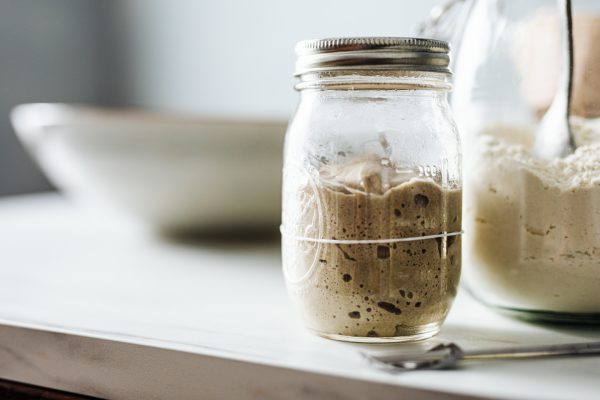On July 1, 2013, homebrewing officially became legal in Mississippi, but it did not mark the day homebrewing returned to the Magnolia State—in fact, it never seemed to have left. Despite archaic laws existing from Prohibition, Mississippians have been brewing beer in their homes, attending club meetings and submitting samples to local competitions prior to legalization.
“Nobody I know was brewing in fear of prosecution,” admits Andrew Oswalt, Mississippi homebrewer. “This was largely due to the fact that several media outlets had obtained information from officials saying there was really no chance of enforcing the illegality of homebrewing.”
With the signature of Governor Phil Bryant approving Senate Bill 2183 on March 19, 2013, new light was shed on the already fledgling Mississippi homebrew community. Two supply shops opened their doors in preparation for legalization on July 1. Brewhaha Supply in Jackson and Delta Brewing Supply in Greenville were planned and continue to operate without the concern of lawful intervention.
Mississippi’s First Legal Competition
Judging for Mississippi’s first legal homebrew competition was underway the very first weekend after legalization.
“We decided to call the competition “Bona Fide” since we were not allowed to have legitimate competitions before this,”said Brad Justice, local homebrewer and member of the Homebrewers of Middle Mississippi (HBAMM).
|
Brewhaha/HBAMM Pale Ingredients for 5 gal: Yeast and brewing |
HBAMM hosted the Bona Fide competition along with Brewhaha Supply and Raise Your Pints, the advocacy group that worked closely with the American Homebrewers Association on legalization matters for the past three years.
In the spirit of community and learning, the Bona Fide competition included an interesting twist. All entrants were required to brew one of two recipes, either an American pale ale (recipe to the right) or porter. Brewers were allowed to alter aspects like the hop schedule or decide to leave out an ingredient, but ingredients could not be added nor amounts increased.
The winner of the American pale ale category, JP Myrick, used half of the allotted Citra and Simcoe hops for a dry hopping addition in secondary. “I usually prefer grapefruit and citrus notes in American pale ales,” shares Myrick, “but this recipe had really nice peach and mango characteristics, which were fantastic.”
Myrick earned Best of Show between his gold medal American pale and Harry Crockett’s gold medal porter.
Brew Infinity and Beyond
With the foundation already established for a prosperous homebrew culture, the Mississippians we spoke with all referenced the future of their hobby with excitement.
“Now that the law has changed, I am hopeful that others who brewed in isolation or outside of a club will seek out opportunities to get more involved and help Mississippi become more prominently engaged in the national and international homebrewing communities,” shares Sandy Brasfield, Mississippi homebrewer. “Interacting with other brewers is always an educational experience.”
It is also a shared hope that those who would not touch homebrewing with a ten-foot mash paddle simply because of its illegality will approach the hobby with a new perspective. “I do think that certain members of the community may be more open to the hobby, such as civil servants and religious professionals,” said Brad Justice. “They may not have wanted to homebrew when it was illegal because of their status in the community.”
Are you a Mississippi homebrewer? Use the resources below to be more connected with the homebrew community and exercise your new freedom to the fullest!
- Find a Mississippi homebrew club
- Find a Mississippi Homebrew Shop
- Enter an AHA/BJCP sanctioned competition




Share Post